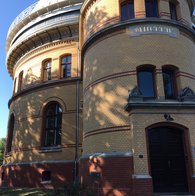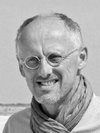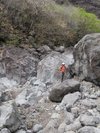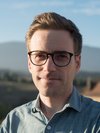Research approach
In our research group, we develop computer models to simulate the processes responsible for the evolution of the Earth's surface, such as bedrock incision by rivers and glaciers in mountain ranges, or the slow weathering of rock in low relief continental interiors. In doing so, we provide a framework to integrate field observations and laboratory measurements, and make predictions about places where no data exists or concerning the future evolution of the Earth's surface.
Our group employs a range of researchers who all share a common interest in computer models, but who are from a variety of research backgrounds, including geology, geophysics and mathematics. We also work closely with colleagues in other sections of the GFZ as well as other German and international research institutions and universities.
From time to time we are able to offer projects/internships to students interested in our research topics.
News from Section 4.7 on Twitter: https://twitter.com/GFZ_SurfMod
Section 4.7 Seminars
Seminars/Talks:
Our section regularly hosts seminars and talks by spakers from all over the world. In 2020 and 2021, almost all visits had to be cancelled due to the global situation. The programme of talks for 2023 are prepared.
Please also check out Landscapes Live, a weekly online seminar series freely accessible to the international scientific community interested in various aspects of geomorphology. Recent talk can be viewed on the YouTube channel.

The ESD (Earth Surface Dynamics) Seminar Series now has its own website:
https://events.gfz-potsdam.de/earth-surface-dynamics-seminars
Please check it out for details of past and future talks, including abstracts and information about the speakers.
S2S FUTURE - Signal Propagation from Source To Sink For the Future of Earth Resources and Energy
Several of our section members are involved in the S2S (Source-to-sink) FUTURE ITN (Innovative Training Network) funded by the European Union. They include Amanda Wild, Caroline Fenske and Jean Braun. The objectives of S2S-FUTURE are to understand, quantify and model the sediment routing system from the sediment production (source) to the sediment deposition (sink); its tectonic and climatic controls; and to establish generic rules for a full understanding of signals propagation in S2S systems for building predictive models of sediment location and characteristics. These studies of S2S systems require interdisciplinary approaches combining geomorphology, sedimentology and stratigraphy, geochemistry, tectonic and paleoclimatology coupling observations, quantifications and process modelling.


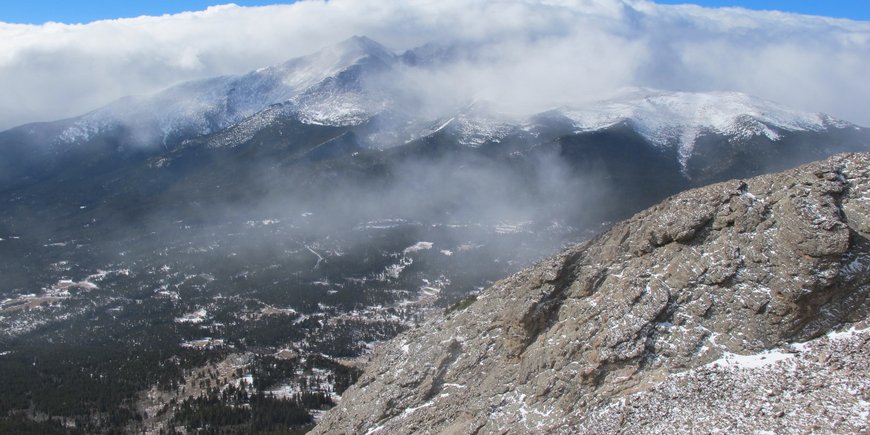
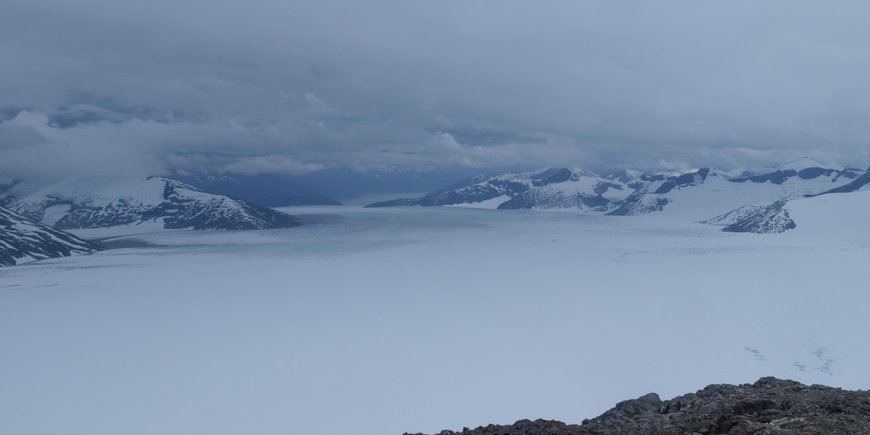
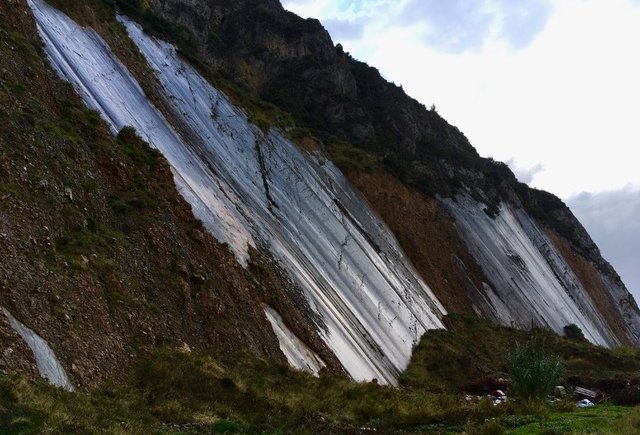
![[Translate to English:] Dr. Tetiana Amashukeli](/fileadmin/_processed_/b/2/csm_Amashukeli_be0b32fc2e.jpeg)
